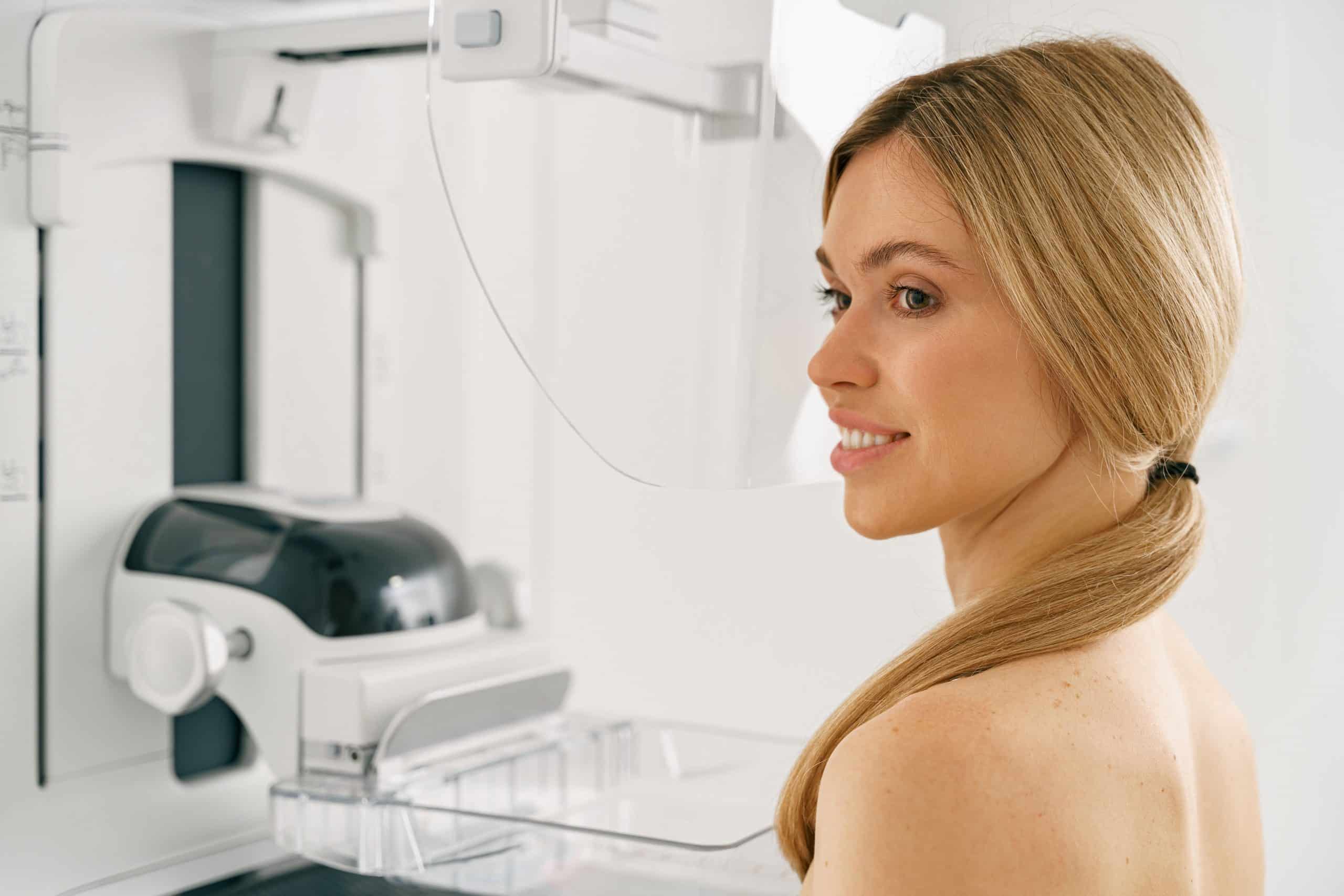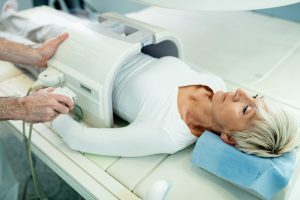When it comes to breast health, medical imaging plays an essential role. From the bustling heart of Toronto to the serene areas of Brampton, Whitby, and Niagara Falls, thousands of women regularly undergo breast imaging procedures to ensure their well-being. Among these, the digital mammogram stands out as a critical tool for breast cancer screening. But while mammography’s importance is undeniable, the patient experience often involves apprehension about potential pain and discomfort. This article dives into this concern, offering insights and guidance for patients in the greater Toronto area.
Understanding the Mammogram
A digital mammogram is a specialized X-ray technique that provides detailed images of the breast. It’s an essential tool in early breast cancer detection, allowing radiologists to identify abnormal changes in the breast tissue that might not be palpable during routine self-exams or clinical evaluations.
Why Some Patients Experience Pain or Discomfort
- Compression: For optimal imaging clarity, the breast needs to be compressed between two plates. This compression spreads out the breast tissue, reducing the chance of overlapping tissues that could obscure potential abnormalities. While essential for imaging quality and accuracy, this compression can cause discomfort for some women.
- Dense Breasts: Women with dense breasts might experience more discomfort during mammography. Dense breast tissue can make the compression more challenging and potentially require more force. This density can also sometimes necessitate additional images or breast ultrasound for a clearer view.
- Radiation Exposure: While the radiation exposure during a mammogram is minimal and within safe limits, some patients might feel uneasy about the process. It’s worth noting, however, that the benefits of early detection far outweigh the potential risks of radiation exposure.
Advanced Imaging and Pain Management
- Breast Tomosynthesis: Also known as 3D mammography, breast tomosynthesis offers images from various angles. This method can be especially helpful for women with dense breasts, reducing the number of images taken and potentially the amount of compression needed.
- Diagnostic Mammogram: If abnormalities are detected in a screening mammogram, a diagnostic mammogram might be recommended. This is a more detailed imaging procedure that focuses on the areas of concern.
- Breast Ultrasound: This imaging technique uses sound waves to produce images of the breast tissue. It’s particularly useful for women with dense breasts and can be a comfortable alternative or supplement to mammography for some patients.
BI-RADS Classification and its Role
The Breast Imaging-Reporting and Data System (BI-RADS) classification is a standardized system used to categorize findings from mammography. This classification helps ensure that all radiologists use consistent terminology and provides patients with clearer feedback about their results. Understanding your BI-RADS classification can provide peace of mind and clarity on next steps, whether it’s routine monitoring or potentially a breast biopsy.
Addressing Discomfort
For those apprehensive about the procedure, there are several strategies to mitigate discomfort:
- Schedule the mammogram for a time when your breasts are least tender, such as a week after your menstrual cycle.
- Over-the-counter pain relievers taken about an hour before the appointment can alleviate pain.
- Speak to the technician about your concerns; they can often adjust techniques or offer guidance to make the experience more comfortable.
- Wear two-piece clothing for easier access and comfort.
While mammography is a critical tool in breast cancer screening, it’s essential to prioritize the patient’s comfort and understanding of the process. At Valence Medical Imaging in Toronto, we prioritize your health and comfort. If you’re in Toronto, Brampton, Whitby, or Niagara Falls, and are due for your mammogram or have concerns about breast health, our dedicated team is here to guide and support you every step of the way.





